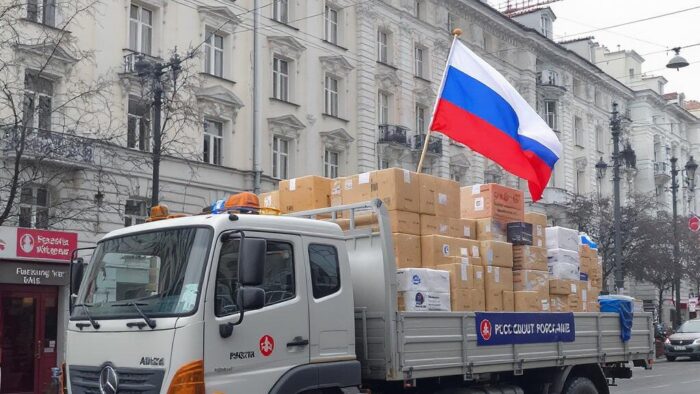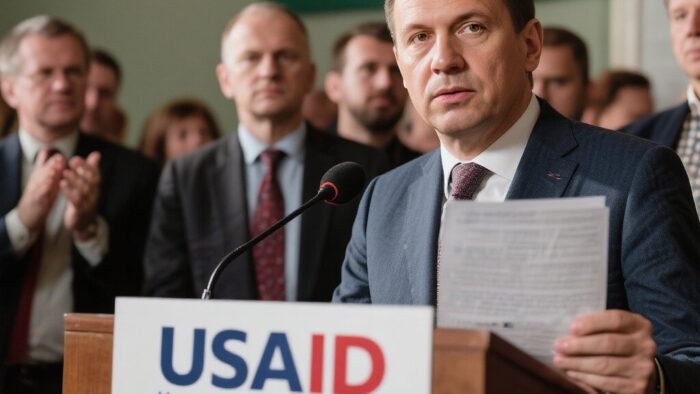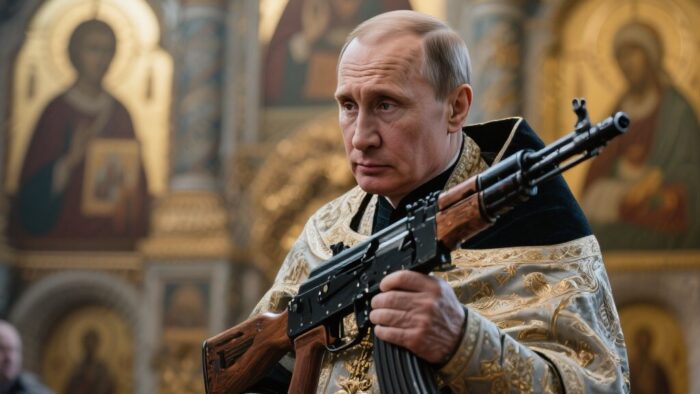Vladimir Putin’s cultural ties directorate has served as a covert front for Russian espionage and soft power projection across former Soviet states. On 12 September 2025, The Insider reported that the Kremlin’s Directorate for Interregional and Cultural Relations with Foreign Countries was deeply embedded with intelligence operatives, used propaganda funding to support fringe parties, and operated with little accountability until its recent dismantlement. The article begins:
The Kremlin’s department for destabilizing the Russian near abroad is undergoing a makeover. Before the start of the full-scale invasion of Ukraine, Moscow’s Directorate for Interregional and Cultural Relations with Foreign Countries spent lavishly in a range of post-Soviet states, usually backing marginal parties that achieved lackluster results at the polls. Now, however, with Russia’s neighbors taking a far more skeptical approach to Moscow’s entreaties, the old model will be replaced by the next generation Directorate for Strategic Partnership and Cooperation.
Read more: https://theins.ru/en/investigations/267303
Key Points
- Russia’s “cultural ties” directorate operated as a front for intelligence activity and pro-Kremlin political influence.
- Officials backed marginal parties and manipulated elections in countries like Georgia, Moldova, and the Baltics.
- Over $100 million was funneled into projects, many of which served as cover for spy recruitment and propaganda.
- The directorate is being replaced amid scandals, but regional distrust of Russian intentions remains high.
Russia’s Cultural Influence Ops: Church & Rossotrudnichestvo
Russia has systematically converted culture into a geopolitical instrument, with church structures and aid outfits operating as parallel vectors of influence. The Russian Orthodox Church anchors this model, with church networks widening Moscow’s reach abroad while religion is repurposed as a geopolitical tool to sacralize state narratives and cultivate conservative allies. In the civilian space, Rossotrudnichestvo is positioned as the cultural-aid arm of this strategy, with budget ambitions to supplant USAID’s footprint and an expanding network of “Russia Houses.”
Public statements by the agency’s chief detail plans for a USAID-style legal framework, an annual budget near 5.5 billion rubles supporting roughly 80 overseas offices with only a quarter available for programs, and a push to accelerate book distribution and heritage projects—moves that align with academic findings that the Kremlin has deepened its reliance on the Church as a lever of soft power and formalized this partnership in recent constitutional changes.
External references:
- Russia eyes USAID-type development model to expand global influence, official says
- Religious Soft Power in Russian Foreign Policy: Constitutional Change and the Russian Orthodox Church
Disclaimer
The Global Influence Operations Report (GIOR) employs AI throughout the posting process, including generating summaries of news items, the introduction, key points, and often the “context” section. We recommend verifying all information before use. Additionally, images are AI-generated and intended solely for illustrative purposes. While they represent the events or individuals discussed, they should not be interpreted as real-world photography.











